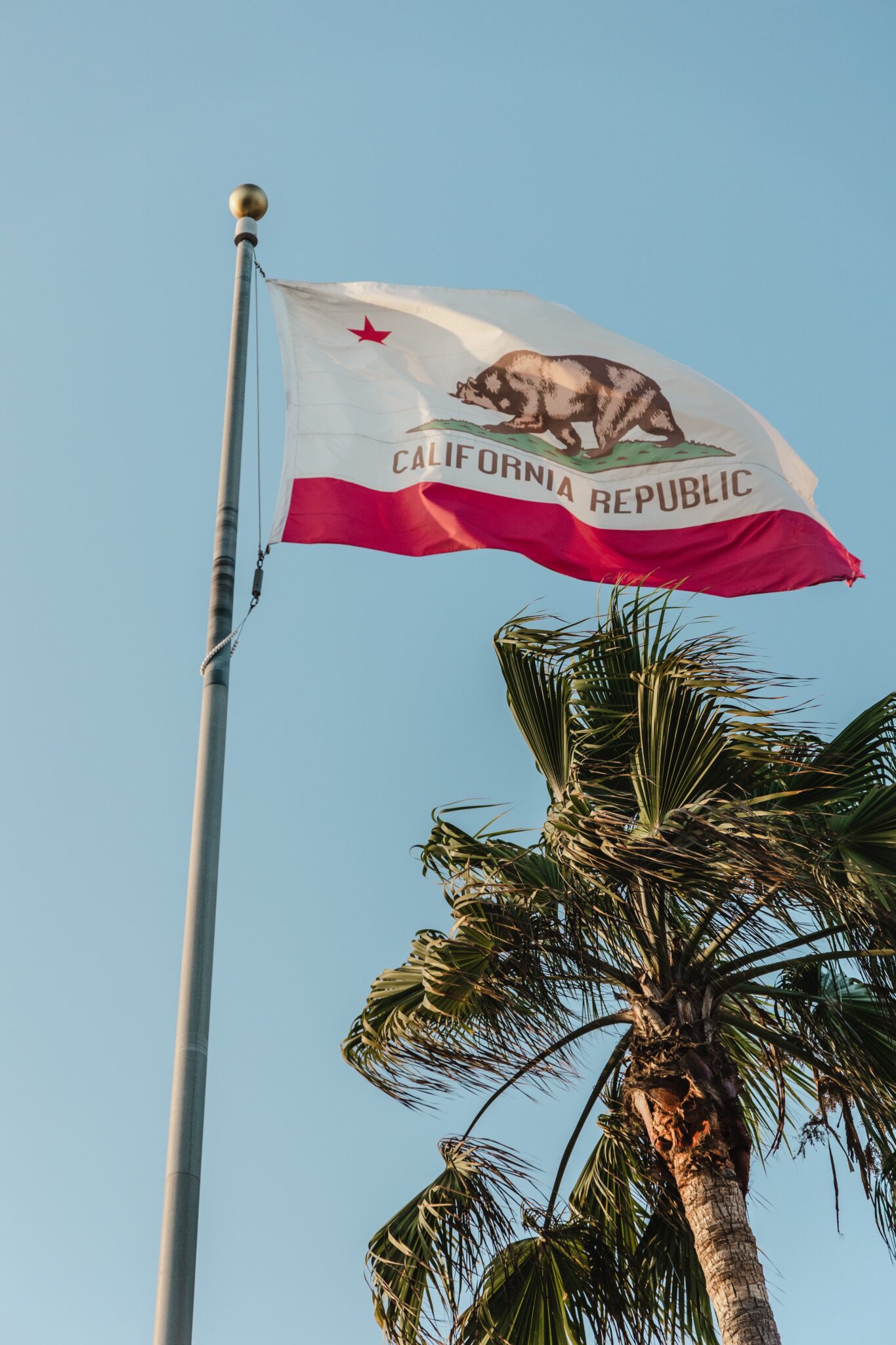
Finlay Adamson is a student at Harvard Law School.
In today’s news and commentary, California labor unions back Proposition 50; Harvard University officials challenge a union rally; and workers at Boeing prepare to vote on the company’s fifth contract proposal.
California labor unions have spent more than $23 million so far to support Proposition 50, a state constitutional amendment that would allow the state to use a new, legislature-drawn congressional district map until 2030. Promoted as a means to counter Republican efforts to redistrict congressional maps ahead of the 2026 midterms, Proposition 50 enjoys financial support from SEIU, the California Teachers Association, the California Federation of Teachers, and the California Conference of Carpenters. Labor leaders tie their support of the Proposition to a larger movement of resistance against the Trump Administration. Director of the California Conference of Carpenters Daniel Curtin urged for redistricting due to President Trump “damaging our CA economy with mass arrests of law-abiding workers without warrants…the President has made it clear that this is just the beginning.” Recent polling by Emerson College shows that 57% of likely voters support Proposition 50, with 37% in opposition. Early voting has already begun, with November 4th as the last day to cast a ballot.
On Thursday, Harvard University officials from the Faculty of Arts and Sciences (FAS) challenged Harvard union members over their use of a megaphone during a rally at Widener Library. As Crimson Staff Writers Hugo Chiasson and Amann Mahajan report, over 100 workers represented by on-campus unions including the Harvard Graduate Students Union (HGSU) and SEIU 32BJ rallied to pressure the university to fairly negotiate contracts. HGSU, SEIU 32BJ, Harvard Academic Workers (HAW), and Harvard Undergraduate Workers Union (HUWU) are all currently negotiating contracts with Harvard. The rally began at Harvard’s Office of Labor and Employee Relations, following HGSU and SEIU 32BJ contract negotiations, and continued to the steps of Widener Library. Midway through the rally, FAS officials informed organizers that the rally violated Harvard’s campus use rules, amended August 2024, prohibiting the use of “amplified sound” without prior approval. The officials also recorded the Harvard IDs of least two organizers. In response, HGSU Vice President Sudipta Saha told the Crimson that “the workers’ use of megaphones was protected under the National Labor Relations Act.” Contract negotiations between HGSU and the university began in February; Harvard unilaterally “carved out” nearly 1,000 workers from the bargaining unit in July.
Boeing machinists in St. Louis will vote on the company’s fifth contract proposal on Sunday, following months of failed proposals and a months-long strike. As I previously covered, workers represented by the International Association of Machinists and Aerospace Workers District 837 rejected Boeing’s third contract proposal in September. Workers subsequently voted in overwhelming support of the union’s proposal, which the company rejected. Key issues of contention include Boeing’s “slow” progressive pay scale and inadequate pension plan. While Boeing St. Louis Vice President of Air Dominance Dan Gillian stated that he was “confident” that workers will approve this contract, shop steward Josh Arnold voiced his belief that workers “are more upset than they were before” and will likely reject the proposal.






Daily News & Commentary
Start your day with our roundup of the latest labor developments. See all
February 6
The California Supreme Court rules on an arbitration agreement, Trump administration announces new rule on civil service protections, and states modify affirmative action requirements
February 5
Minnesota schools and teachers sue to limit ICE presence near schools; labor leaders call on Newsom to protect workers from AI; UAW and Volkswagen reach a tentative agreement.
February 4
Lawsuit challenges Trump Gold Card; insurance coverage of fertility services; moratorium on layoffs for federal workers extended
February 3
In today’s news and commentary, Bloomberg reports on a drop in unionization, Starbucks challenges an NLRB ruling, and a federal judge blocks DHS termination of protections for Haitian migrants. Volatile economic conditions and a shifting political climate drove new union membership sharply lower in 2025, according to a Bloomberg Law report analyzing trends in labor […]
February 2
Amazon announces layoffs; Trump picks BLS commissioner; DOL authorizes supplemental H-2B visas.
February 1
The moratorium blocking the Trump Administration from implementing Reductions in Force (RIFs) against federal workers expires, and workers throughout the country protest to defund ICE.